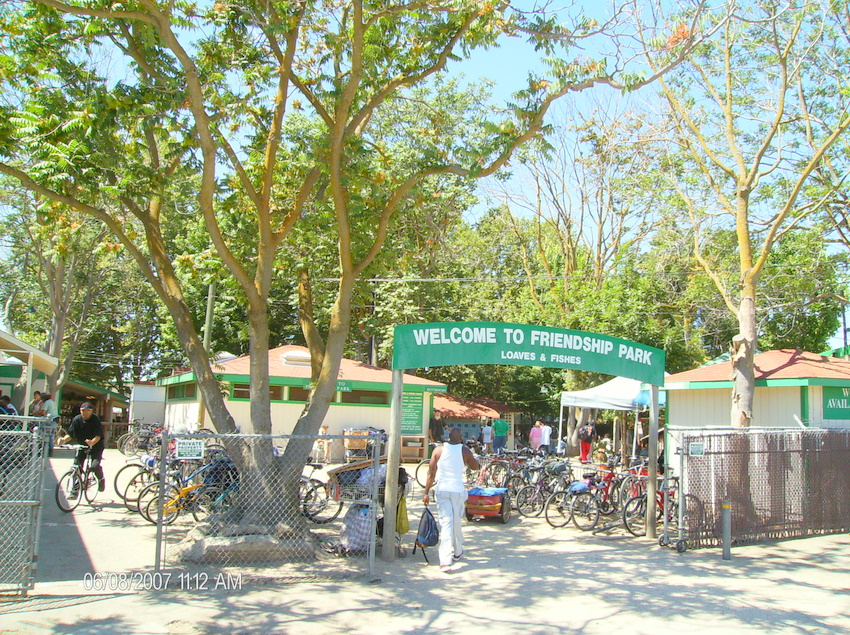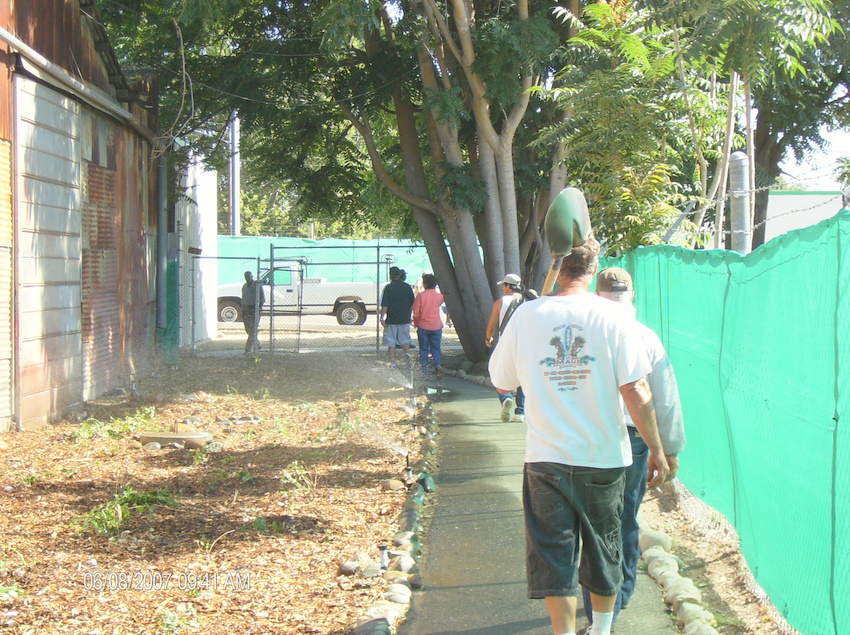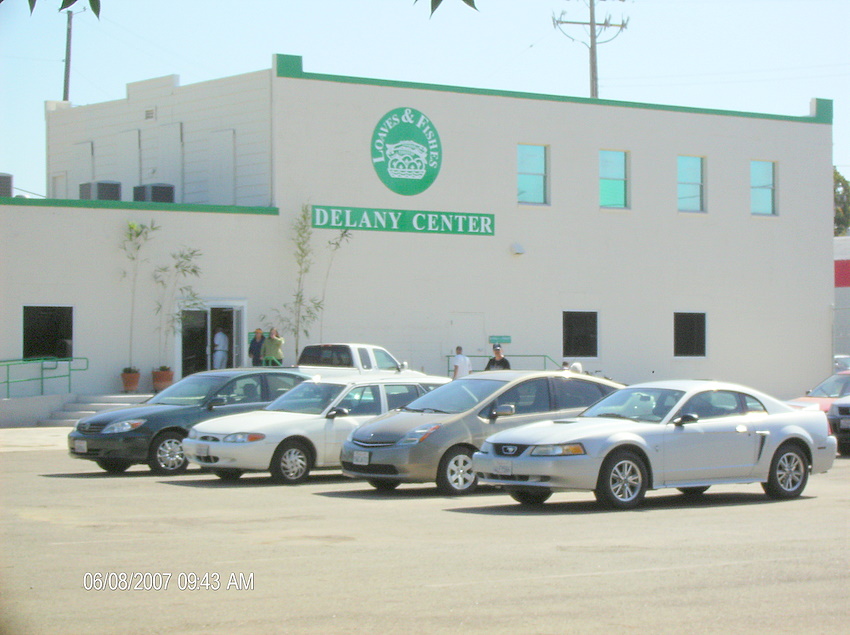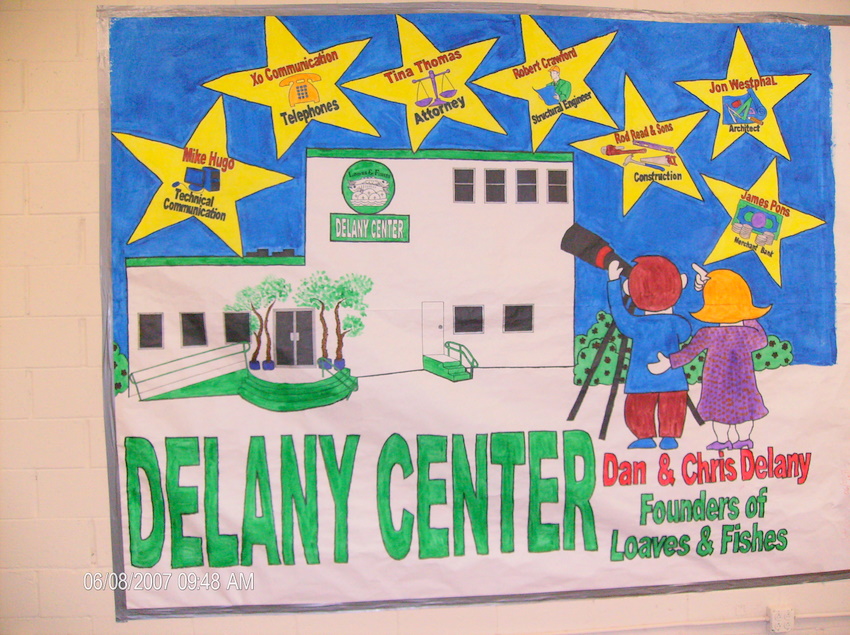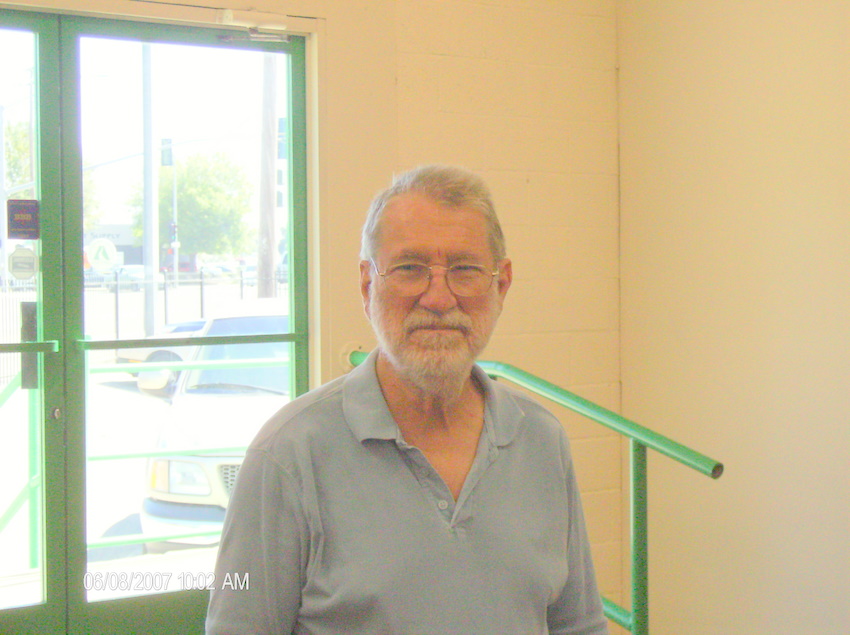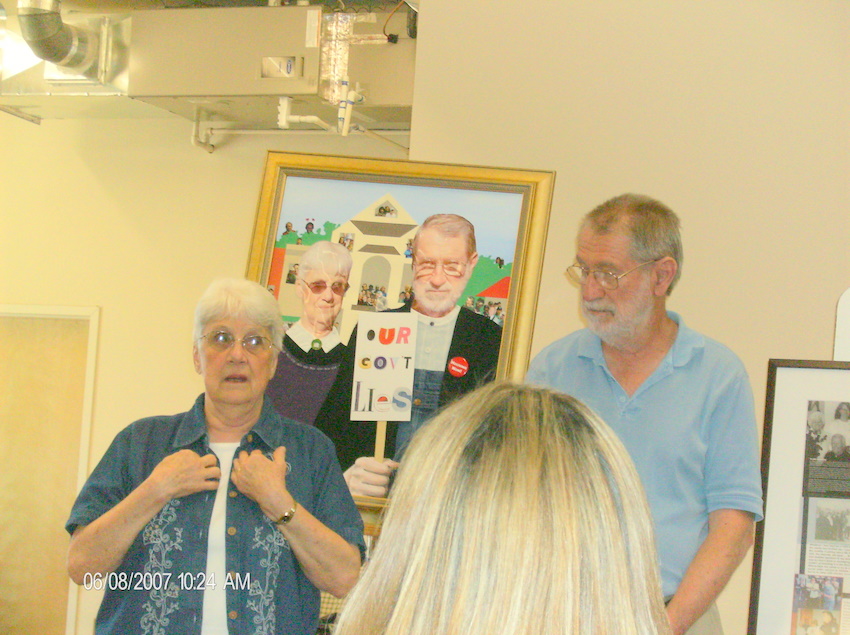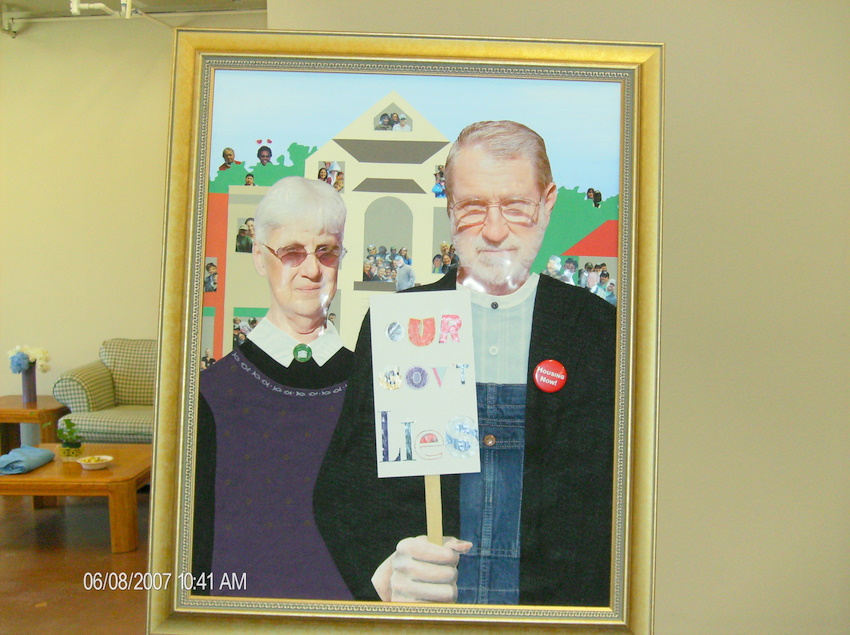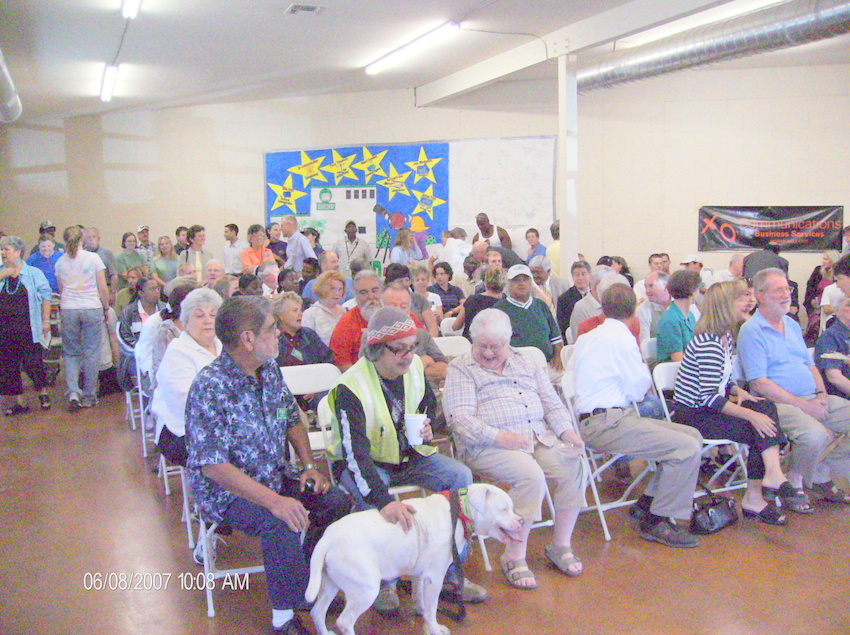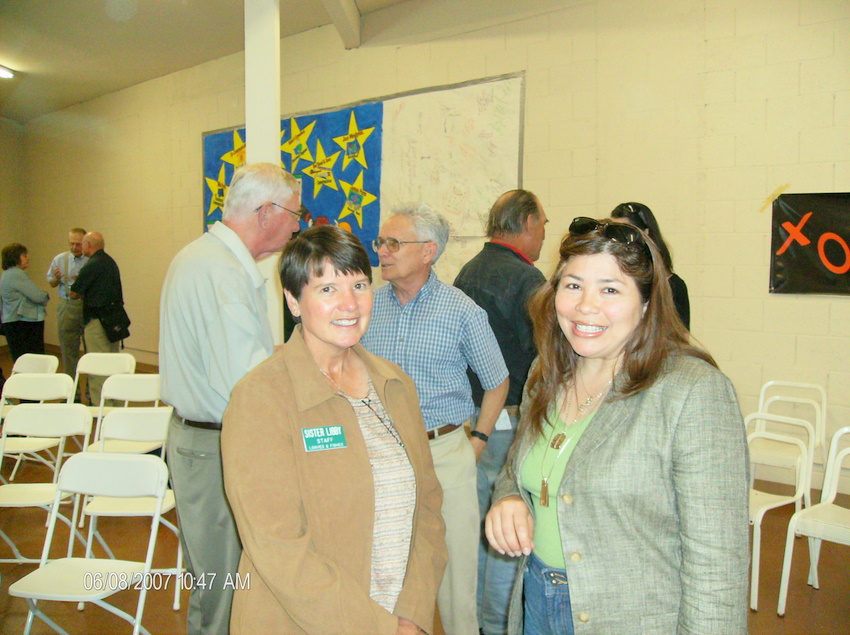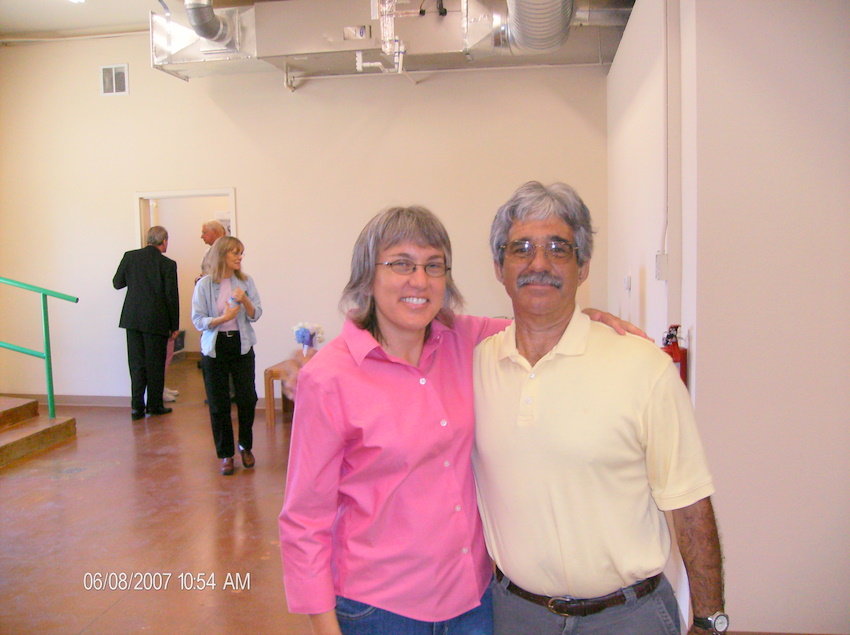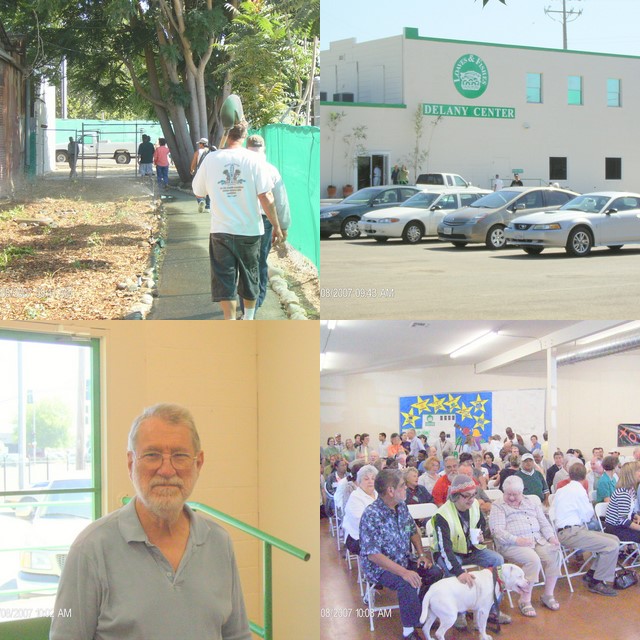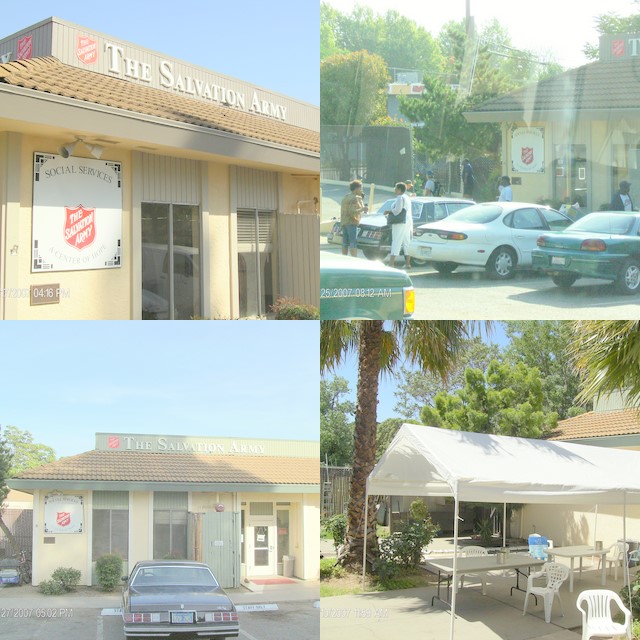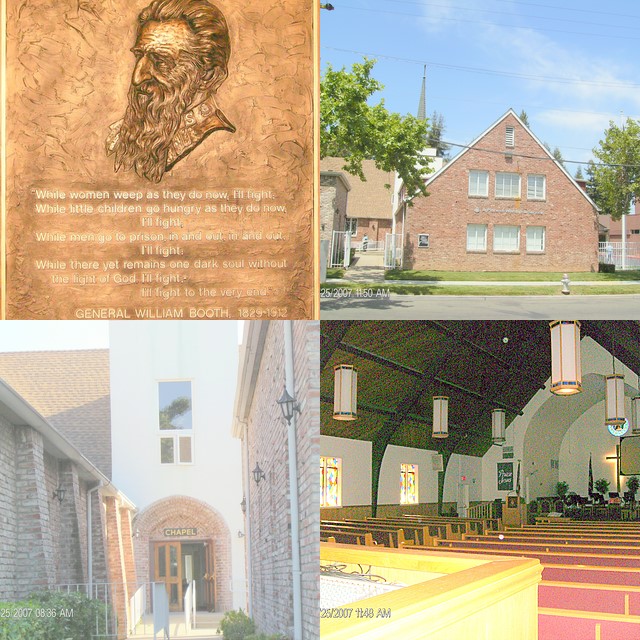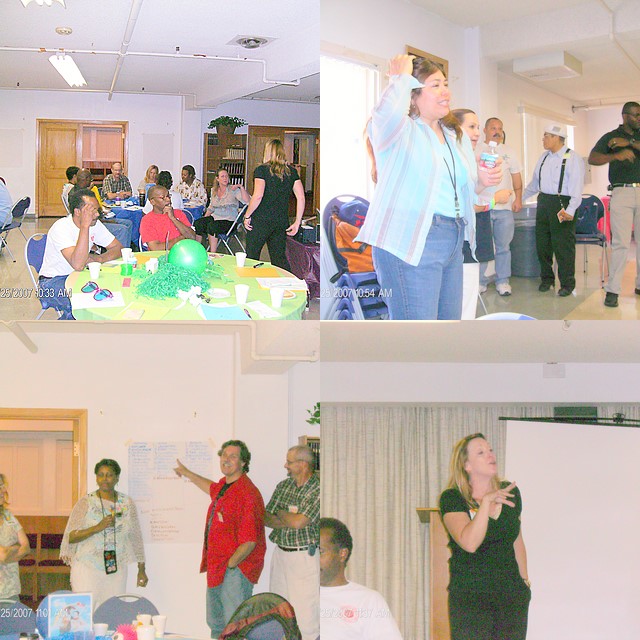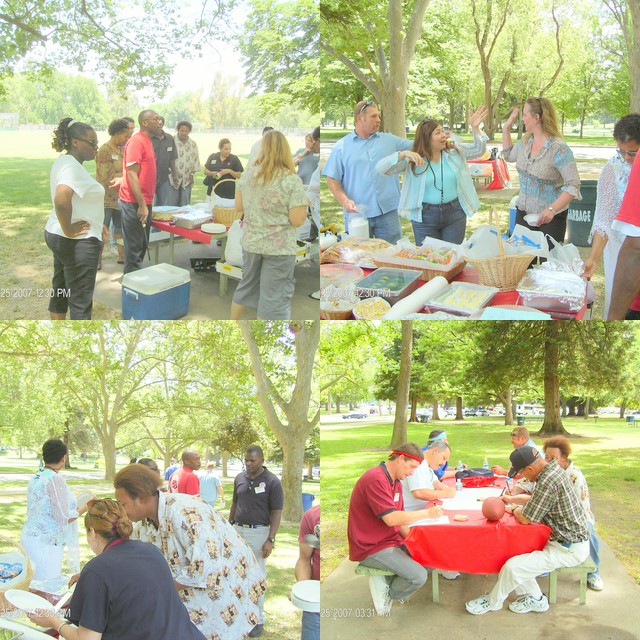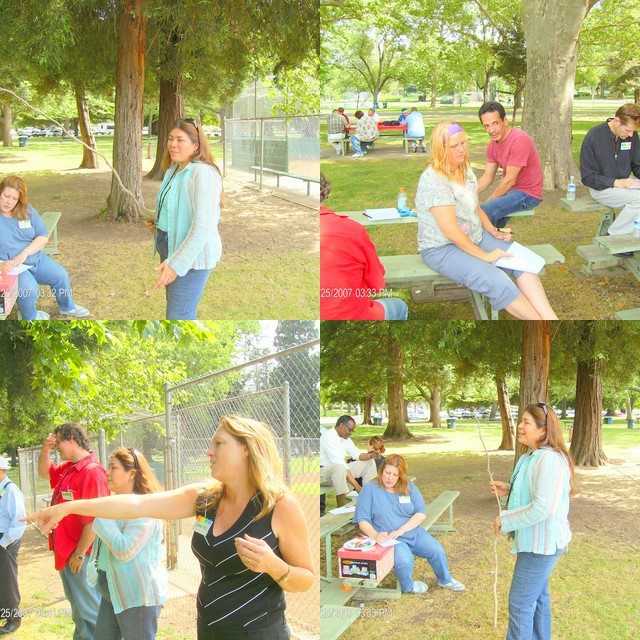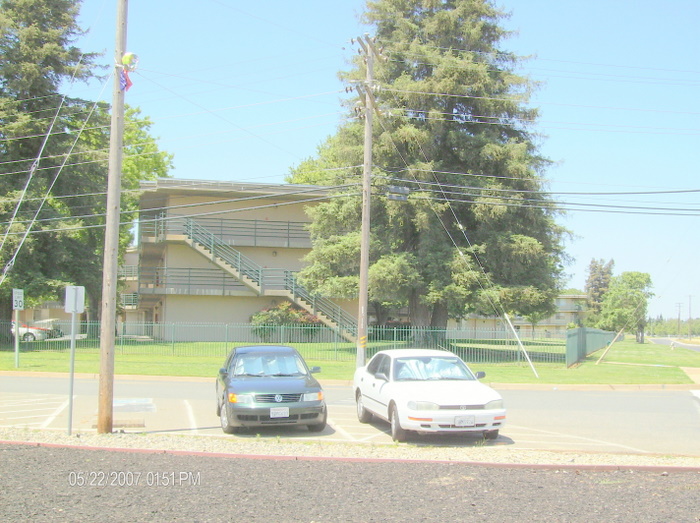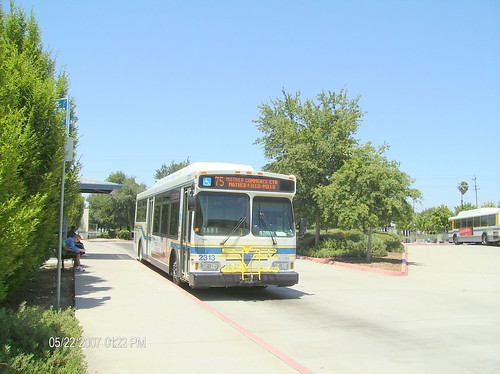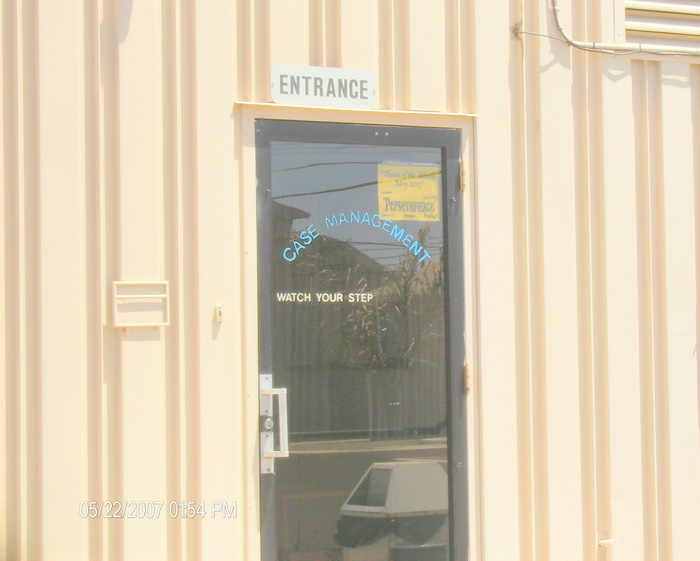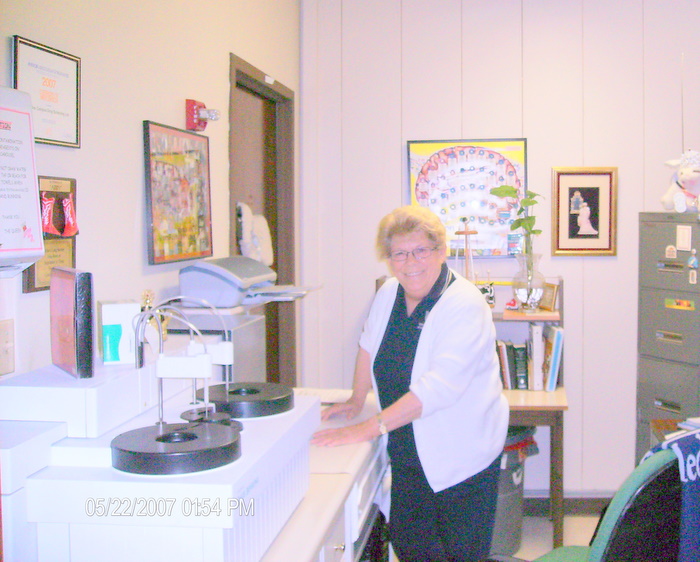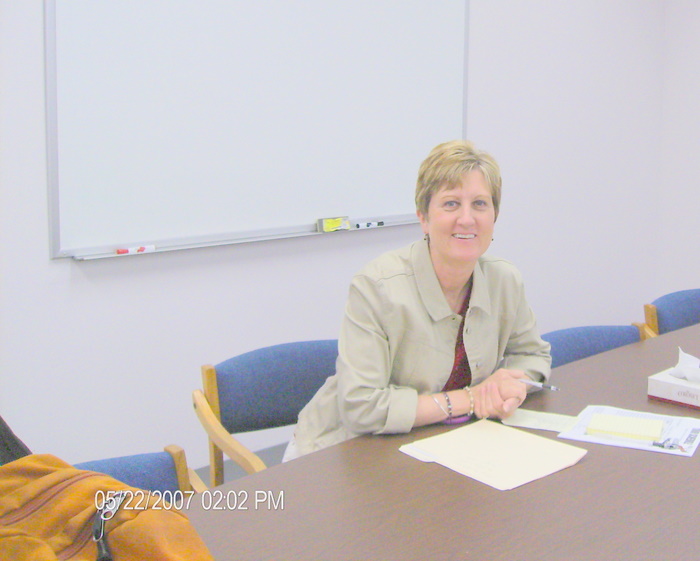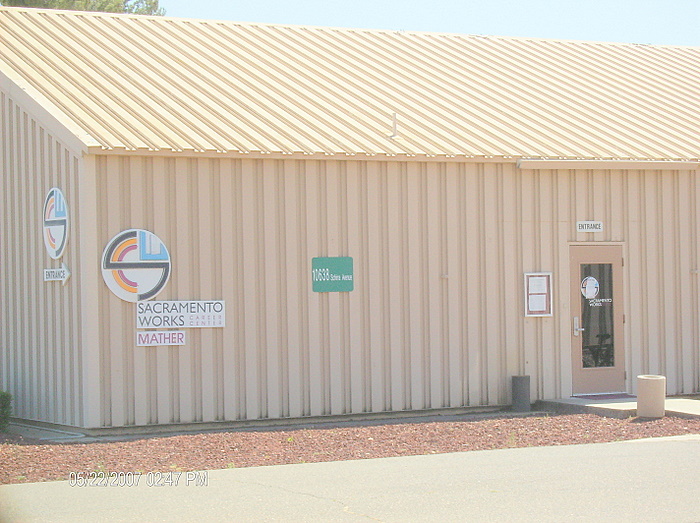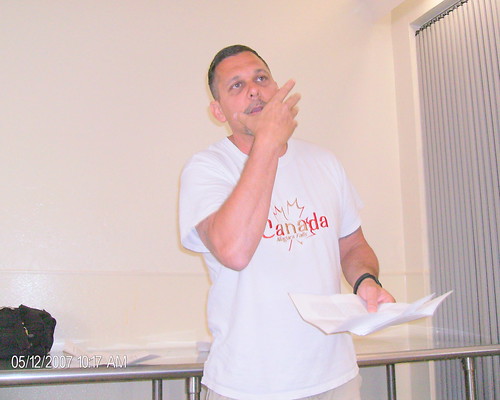 | ||||||||||||||||||||||||||||||||||||||
| ||||||||||||||||||||||||||||||||||||||
>>>>>
http://www.law.com/jsp/article.jsp?id=1193130218314
Salvation Army Accused of Draining Dead Man's Funds
Jordana Mishory ~ Daily Business Review
October 24, 2007
A lawsuit in U.S. District Court alleges the Salvation Army improperly took more than $120,000 from a dead man's bank accounts -- even though the man had left $106,000 of that amount in the charity's name.
Filed by the estate of Richard Jose Belanger of West Palm Beach, Fla., the Oct. 5 lawsuit claims the Salvation Army improperly took the money left for it in Belanger's payable-on-death bank account. The suit, f
Family attorney John Cooney said the Florida Legislature did not intend for the 1995 statute that allows for the establishment of pay-on-death accounts to apply to entities or organizations. He drew his analysis from a portion of the statute that requires proof that the beneficiary is alive on the date of the account holder's death.
"When you have a statute that changes the way the law used to be, you need to interpret it narrowly and strictly," said Cooney, a partner at Arnstein & Lehr in Fort Lauderdale. "It doesn't matter what the decedent intended. If the decedent wanted to leave money for charity, that's why we have wills."
The lawsuit is the first legal challenge to the statute in Florida, according to the complaint. An Ohio appellate court found that a similar statute in that state allowed for only people to receive money from these types of accounts.
If Belanger's estate is successful in its case against the Salvation Army, the case could affect money left for charities across the state.
According to the lawsuit, Cooney contacted the charity prior to filing the suit in an attempt to strike a deal. Had the Salvation Army accepted, there would be no precedent-setting lawsuit.
Yet, the suit claims, the Salvation Army responded by secretly cleaning out Belanger's two bank accounts -- one with $106,000 in trust for the charity and one with $15,000 that belonged to the estate.
Although the Salvation Army has since returned the $15,000, Cooney and his co-counsel sharply criticized the charity. "The sons get a monthly bank statement and sees that all the accounts have been zeroed out," Cooney said. "To me that's pretty disgraceful."
"Suing the Salvation Army -- that's like suing God, isn't it?" said Cooney's co-counsel, Franklin Zemel. "It's disgraceful conduct unbecoming the Salvation Army for them to say, ‘Here, please wait while we discuss this' and then sneak behind our backs and take money they had no right to take."
The Salvation Army referred calls for comment to attorney Stephen Heuston of Frese Hansen Anderson Anderson Heuston and Whitehead in Melbourne. Heuston's secretary said the firm does not comment on pending litigation. The firm has not yet filed an answer to the complaint or a notice of representation.
In 1995, a banking statute passed by the Legislature allowed Floridians to leave money for beneficiaries in "in trust for" bank accounts, to be paid upon a person's death. Cooney said the statute evolved to allow people to leave money for others without spending money on a lawyer to help set up a will or a trust.
Attorney Michele Maracini at Stokes McMillan Maracini & Antunez of Miami, who is not involved with the case, said people frequently use this type of account. She said by leaving an account in trust for a specific person, the recipient is able to bypass the probate process. Using this statute, Richard Jose Belanger left $106,000 in a bank account at Washington Mutual Bank in trust for the Salvation Army to be paid upon his death. He had another $15,000 in an individually held account. He designated that money for his sons, Richard and Nathan. Belanger, who worked in home improvement construction before he retired, died in June from a rare disorder called Castleman's Disease. The 62-year-old West Palm Beach resident did not have a valid will. According to Cooney, Belanger's two sons were shocked when they realized that the larger of the two accounts was left in trust for the charity. He allegedly changed this account shortly before he died. In July, the estate informed the Salvation Army that Belanger died and that his sons intended to seek a judgment declaring the pay-on-death account invalid.
In a July 12 letter attached to the complaint, the estate proposed a pre-suit settlement in which it would give the Salvation Army 50 percent of the money in the bank account if it didn't fight the legal challenge. The lawsuit states the Salvation Army's legacy department director told the estate the proposal would be presented to the board of trustees at its next meeting. Yet, while the estate was waiting for a response, the board passed an Aug. 14 resolution that authorized Capt. Thomas McWilliams to collect "the entire balance of the Washington Mutual payable on death of Richard J. Belanger account on behalf of the Salvation Army." The notarized resolution was attached to the lawsuit.
According to the complaint, McWilliams went to a West Palm Beach branch of Washington Mutual on Aug. 28 and "unlawfully abscond[ed]" with all the money in Belanger's two accounts.
The estate filed suit in October for unjust enrichment and conversion. The case is before U.S. District Judge Donald M. Middlebrooks.
"We thought that if the Salvation Army said, 'No, we don't agree' [with a proposed settlement], they'd tell us to get lost and challenge us in court," Cooney said. "We didn't expect them to tell us they'd think about the offer ... while going behind our back to find out where the money was."
"That's not the conduct you think of when you think of the Salvation Army," he said.
>>>>>
http://www.pittsburghlive.com/x/pittsburghtrib/s_505139.html
Pittsburgh Tribune-Review Back to headlines
Salvation Army, sued in Boston for firing non-English speakers, employs none here
By Mark Houser ~ TRIBUNE-REVIEW
Sunday, April 29, 2007
A lawsuit like the one against a Boston-area Salvation Army that fired two employees for not learning English is unlikely to arise in the Pittsburgh area for one simple reason -- a lack of potential plaintiffs.
"We don't currently have any employees who do not speak English," said Martina O'Leary, administrator for business for the Salvation Army's 11 stores in Southwestern Pennsylvania. The regional stores employ about 200 people, she said.
The Equal Employment Opportunity Commission sued the Salvation Army this month in U.S. District Court in Boston saying a Framingham, Mass., thrift store violated the civil rights of two female Hispanic immigrants. The lawsuit is the second the EEOC has filed against the Salvation Army involving its English-only rule.
The federal agency enforces workplace discrimination laws.
According to the lawsuit, clothes sorters Dolores Escobor, from the Dominican Republic, and Maria del Carmen Perdomo, from El Salvador, had been speaking Spanish at work for five years when the Salvation Army decided to enforce its English-only policy. The store gave them a year to learn English and fired them in 2005 when they did not.
"Under EEOC's guidelines, an English-only rule violates the law unless the employer can provide a legitimate business justification for forcing employees to stop speaking their native language. The Salvation Army presented no such justification," said Estela D'az, trial attorney for the EEOC's New York district office, in a written statement Friday.
The Salvation Army will "respond appropriately to defend our position," according to a written statement released by spokeswoman Maj. Karla Clark.
The Christian charity, Clark said, believes precedent is on its side. Federal judges ruled in 2003 that another Boston-area Salvation Army store was within its rights to fire a bilingual employee who refused to speak English when told to do so by her boss.
Federal courts have broadly upheld an employer's right to require employees to speak English on the job.
But a Texas court in 2000 struck down a long distance company's policy that forbade employees from speaking Spanish at all while on the premises, even on breaks or at lunch.
A Denver casino was sued after it fired or disciplined several non-English-speaking immigrant workers on its housekeeping staff for speaking Spanish. The casino paid $1.5 million to settle that case in 2003.
Kimberlie Ryan, a Denver attorney who represented the Mexican and Guatemalan workers in the casino case, said the new lawsuit is unique because it involves employees who suddenly were required to learn English.
"Putting a year on it and then punitive termination, I think, takes it too far," Ryan said.
Mark Houser can be reached at mhouser@tribweb.com or 412-320-7995.
Back to headlines
>>>>>
http://www.aclu.org/religion/govtfunding/16103prs20040224.html
NYCLU Sues Salvation Army for Religious Discrimination Against Employees in Government-Funded Social Services for Children (2/24/2004)
FOR IMMEDIATE RELEASE
NEW YORK -- The New York Civil Liberties Union today filed a lawsuit in federal court charging The Salvation Army with religious discrimination against employees in its government-funded social services in New York City and on Long Island.
"This case is not about the right of the Salvation Army to practice or promote its religion. They have every right to do so, but not with government money," said Donna Lieberman, Executive Director of the NYCLU. "The Salvation Army cannot use taxpayer money to practice religious discrimination against its social services employees."
The Salvation Army provides social services for more than 2,000 children each day who are placed with the charity by the government. The programs are funded almost exclusively by taxpayer money. The agency receives $89 million in taxpayer funds for social services and employs about 800 people.
The case arose after The Salvation Army began to require all employees in its Social Services for Children division to fill out a form on which they: a) identify their church affiliation and all other churches attended for the past decade, b) authorize their religious leaders to reveal private communications to the Salvation Army; and c) pledge to adhere to the religious mission of The Salvation Army which, according to The Salvation Army, is to "preach the Gospel of Jesus Christ."
Moreover, new job descriptions for every social services employee now require compliance with the Salvation Army's religious mission statement. Previously, the social services unit had its own mission statement which was completely secular.
The lawsuit asks the federal court to order the 136-year-old charity to stop these practices and to rule that the government funding of the Salvation Army's faith-based discrimination against its social services employees in foster care, adoption, HIV, juvenile detention and other social services is illegal. Agencies for New York State, New York City and Nassau County and Suffolk County are named also as co-defendants.
The NYCLU lawsuit was filed on behalf of 18 current and former Salvation Army employees of varying religious and non-religious backgrounds. They include many of the most respected senior managers in the agency.
Anne Lown is the current Associate Executive Director of Social Services for Children of the Salvation Army and has received five promotions in the 24 years she has worked for the charity. "I do not think my religious beliefs nor the religious beliefs of the 800 employees in Social Services for Children are any business of the Salvation Army," Lown said.
Added Mary Jane Dessables, the Management Information Systems Director for the Salvation Army who has worked for the charity for 12 years: "Although I am not a Salvationist, I have sung for their Devotionals and attended their Good Friday services. I participated because I wanted to, not because it was required or requested of me."
Margaret Geissman, the former Human Resources Manager for Social Services for Children with the Salvation Army, said she left the charity rather than provide personal information about employees. "When I refused to answer questions that I felt were clearly illegal and violated my employees' privacy, I was harassed to the point where eventually I resigned. As a Christian, I deeply resent the use of discriminatory employment practices in the name of Christianity."
The new policy was initiated as part of a Reorganization Plan last year by the national leaders of the charity "to narrow the gap" between the ecclesiastical Salvation Army and the social services component. The goal of the Reorganization Plan was to ensure that "as a Christian agency ? a reasonable number of Salvationists along with other Christians [will be employed by The Salvation Army.]"
NYCLU Legal Director Arthur Eisenberg noted that The Salvation Army's new employment practices "have injected religion into the workplace in ways that violate the anti-discrimination principles of the Fourteenth Amendment."
Martin Garbus, whose law firm Davis and Gilbert is co-counsel with the NYCLU, cited President Bush's Faith-Based Initiative as the catalyst for the current situation and called it "the greatest transfer of wealth from governmental bodies to evangelical churches. Federal, state and local services are being used to spread the evangelical message."
In addition to Eisenberg, Lieberman and Garbus, the plaintiffs are also represented by NYCLU staff attorney Beth Haroules; NYCLU co-counsel Deborah Karpatkin; and Howard Rubin and Gregg Brochin from the Davis and Gilbert law firm.
The NYCLU is the New York affiliate of the American Civil Liberties Union.
>>>>>
Note: A few results from Google Search under 'Salvation Army lawsuits' ~ PSL
<+><+><+><+><+><+><+><+><+>
The TSA 'Center of Hope' Home Page
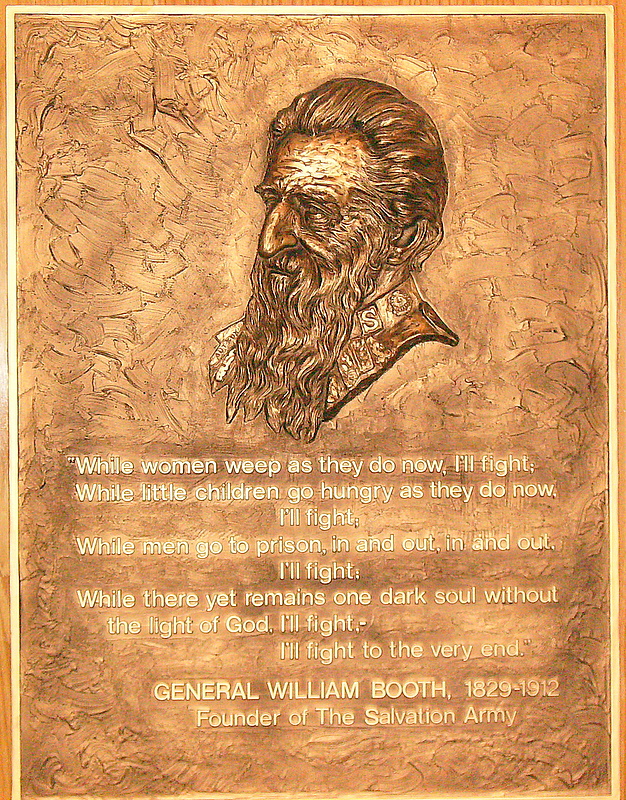


 The Life of General William Booth
The Life of General William Booth